It’s just after midnight in the emergency department of the city hospital. The cleaner looks tired and frustrated. He kick-pushes the water bucket with his boot, dips the mop, and looks over his shoulder. The screaming and shouting have subsided a bit. He turns to clean up more of the vomit and blood on the floor.
A young man, around 16 years old, sits on a bench with his face buried in his hands. He’s been storming up and down the corridors for nearly two hours, kicking and punching the walls. He was bleeding from a scratch on his arm, and every now and again threw up against the walls, on the floor, and over himself. When he’d arrived, he had a near-empty bottle of Oom Tas (a cheap Cape red wine) in his hand. The security guards confiscated the bottle, adding to his stumbling agitation.
“I hate you, Dad! I hate you and your f***ing wife. Why did you bring me into this world? Did you ask my permission? No! You just had a good time, and there I was! And now you try to rule my life! And that’s not fair! You hear? That’s not fair!” His screaming and crying had echoed down the corridors.
His Dad was nowhere to be seen.
Now, with his face buried in his hands, he slowly rocks backward and forward.
He is getting tired, I think. I’ll bring him into one of the cubicles. He will be less destructive now.
I’m sitting at my desk, staring over a coffee after moving frantically around several treatment bays in the overcrowded emergency department—patching and counselling the effects of Saturday night in the city. I’ve watched the young man through the window since he came in.
How lost and lonely we can be with a million people around.
How frustrated, with everything at our fingertips.
What has the world taken from us when it gave us all and more?
What has this world brought to us when it served an adult without instructions on how to use?
I puffed the warm steam over the coffee and watched it become nothing in the cold air beyond. And then I drifted back to the Makatini.
It was some years earlier, and I was also sitting in the emergency department of a small rural hospital. It was a late summer afternoon, and the tropical heat was still thick in the air. A young Zulu in his early twenties name Jabulani walked in through the open door.
“Sawubona Udokutela,” he greeted, holding up two white palms towards me, showing that he was not carrying any weapons.
“Sawubona mnumzane,” I said and asked him to sit down.
His file on my table was thin, with only a few entries for minor issues.
He wore a white, long-sleeved shirt and black trousers. His black shoes were dusty, but had almost certainly been polished the previous night. I wondered where he came from and thought he might be a teacher at one of the local schools.
“How can I help you, Jabulani?”
“Doctor,” he replied in English. “I just came in for a check-up.”
This was an unusual request for a healthy young man of his age.
“Is there anything, in particular, you are worried about?” I asked
He hesitated momentarily before answering: “I was trampled by an elephant this morning and was wondering if you could check if I am still okay,” he asked in a matter-of-fact way.
I perked up behind the desk.
I knew that a herd of about 150 wild elephants that migrated yearly between Mozambique and the northern parts of KwaZulu had been in and out of the Kwa Ngwanase district for the last three months. Some locals complained that the elephants raided their mealie and sorghum crops. The dogs would bark, and the women would beat on tin cans to scare them off, but with little effect. Some chiefs armed themselves with .303 rifles and opened fire on the elephants, injuring several. This infuriated the old matriarchs and did nothing to improve the hostile relationship with the local pastoralists and tribes.
But I have never seen a person trampled by an elephant, and I certainly did not think he would walk into my office requesting a “check-up!”
“You better tell me what happened before I examine you, Jabulani,” I advised the young man.
So he told me the story.
“I left home when it was still dark this morning, and I must walk on a footpath through the forest to the cattle yards to let the cows out. The cows have big calves now that mainly eat grass like their mothers. I let them graze on the flat country towards Muzi for the day. I was a bit worried because my brother told me last night that he had heard that the elephants were seen about four miles towards Amanzimnyama [one of the lakes in the area].”
He scratched his head and continued. “Although it was dark, I could clearly see the white sand of the footpath winding through the forest. I listened carefully for any sounds of the elephants. You can usually hear them breaking branches off the trees or their stomachs rumbling when they are close. But I could only hear a jackal crying far away towards the marsh and the ‘pijo pijo pijo worrrrr’ of a nightjar sitting on the sand in an open patch in the forest.
“And then I heard the cracking of a small branch on my left, close to the footpath. I stood still. It was a soft crack, nearly like breaking a dry stick under a blanket. Something stood on it, but it was not a cow’s hoof. That would give a hard, dry crack.
“I stood very still and turned my head slightly to hear better.
“And then I saw the elephant calf looking at me through the bush from a few feet away. I froze, not even blinking an eye. Next, I thought, he would look at his mother.
“The calf then turned his head and looked past my right shoulder. I slowly turned my head in the same direction.
“The elephant cow stood only ten steps away from me on my right, her trunk in the air, sniffing the wind in my direction.
“I was in serious trouble. I was directly between the calf and his mother and the morning breeze was easing away from me in the elephant’s direction.
“The next moment, the cow trumpeted with a high pitch and charged. I tried to run back, but she was on me before I could move. She grabbed me with her trunk and threw me high into the air.
“I floated through the sky over three small trees.”
Jabulani looked absently through the window and mumbled in Zulu: “ubaba khuluma nami”
“My father was talking to me as I was floating through the air” he explained. “I could clearly hear his voice. He said, Jabulani, you know how I always told you what to do when an elephant attacks you? Now you must do what I taught you! Turn around in the air and fall with your face down. The elephant must not be able to see your eyes. Do not roll over, and do not breathe. Lay very still. The elephant must think you are dead.
“The cow charged through the bushes and trees below me, and I did as my father instructed. When I passed over the last tree, I turned around in the air and came down on my stomach. I landed on a patch of sand between the trees before the elephant cow, and I did not move or breathe.
“She trumpeted again, kneeled down, and tried to stab me with her tusks. She has two large, curved tusks that are not straight like an assegai [spear]. I don’t think she really knows how to kill with those tusks.
“She kept stabbing in the sand on the right and left of my body. She did not even hit me once!”
He chuckled, and a row of white teeth beamed in appreciation.
I leaned over the table and shared his smile.
“But then she stood up and put her front foot on my back.”
Jabulani’s face became dark again. His eyes narrowed with concern.
“She stood like that for a long time. I waited for her to put weight on her foot and kill me.
“But she became absentminded. Her calf probably did not have a chance to have his morning milk yet from the udder between her front legs. An elephant’s udder is between the front legs, unlike a cow’s udder, which is between the back legs. Perhaps that was what she was thinking about, because after a while she took her foot off my back and slowly walked away, her calf following behind her.”
“Wow, Jabulani,” I said, “no wonder your name is Jabulani—the Lucky One!”
He chuckled again with his happy white teeth.
“You must have a very clever father, Jabulani, to have taught you so well.”
He straightened up in his chair, placed the palms of his hands together, and lowered his head.
“I have a very wise father, Udokutela. I do what he tells me to do. He saved my life today.”
Could this story really be true?
“I will examine you now, Jabulani,” I said, pointing towards the examination couch.
Jabulani stood up from his chair, turned around, and walked towards the examination couch.
On his white shirt was the clear, dusty footprint of an elephant, stretching the whole width and height of his back.
The boy in the corridor was named Joe. They always have a name and a story.
His mum and dad divorced two years earlier after a hostile relationship for as long as he could remember. When his dad was not working, they were nearly always fighting, cracked each other down and then drank alcohol to calm down and sleep. They were often drunk. His dad called Joe a sissy if he would come up for his mother or comforted her. The next day his dad would feel guilty and bought Joe presents. Joe literally had whatever he wanted and much more.
His mum climbed in bed with him one night when she was drunk. He was disgusted with her and kicked her out. She slapped him on the face and stumbled out of the bedroom, bottle in hand. She slept on the floor in the corridor that night. The red wine stains on the carpet still bids him a good morning when he opens his bedroom door.
Joe was their only son.
To be a parent is to be chief designer of a product more advanced than any technology and more interesting than the greatest work of art. Alain de Botton
Thanks for sharing my campfire under the stars!
Dr Gabriël
Next time, we will ponder on how we look and think.
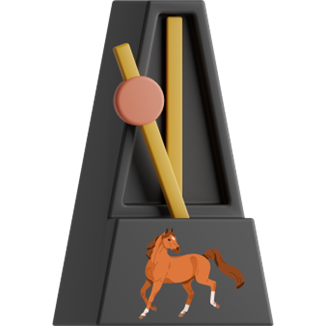
The Song of Tap
an ode to the senses
Not a subscriber yet?
Click here to subscribe - it's free


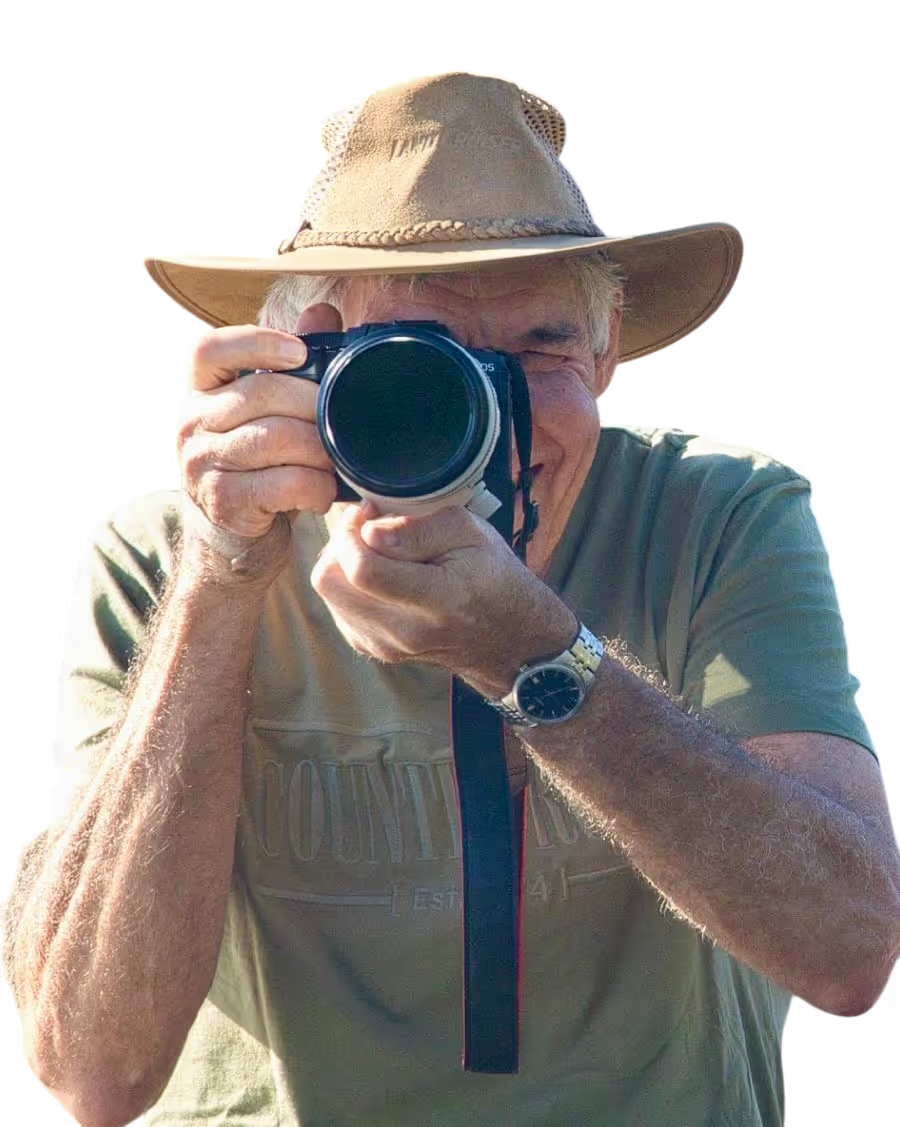
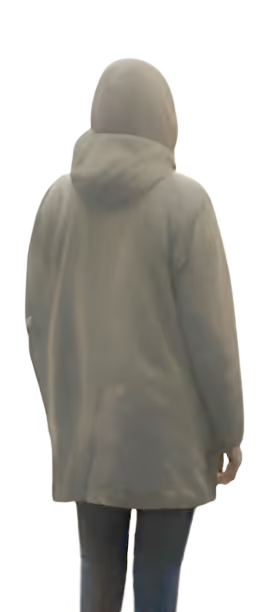




.png)
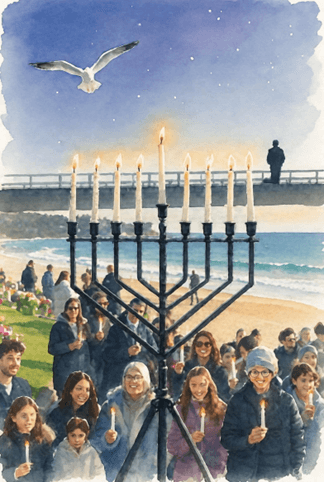

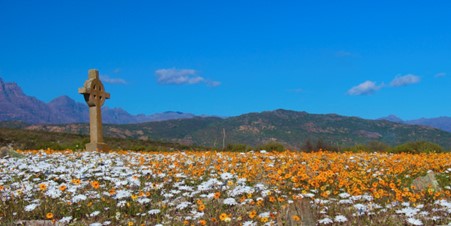


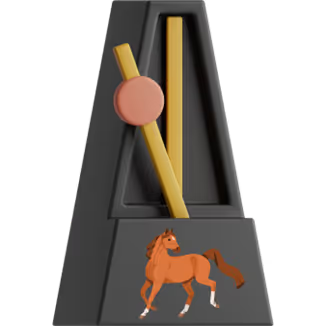
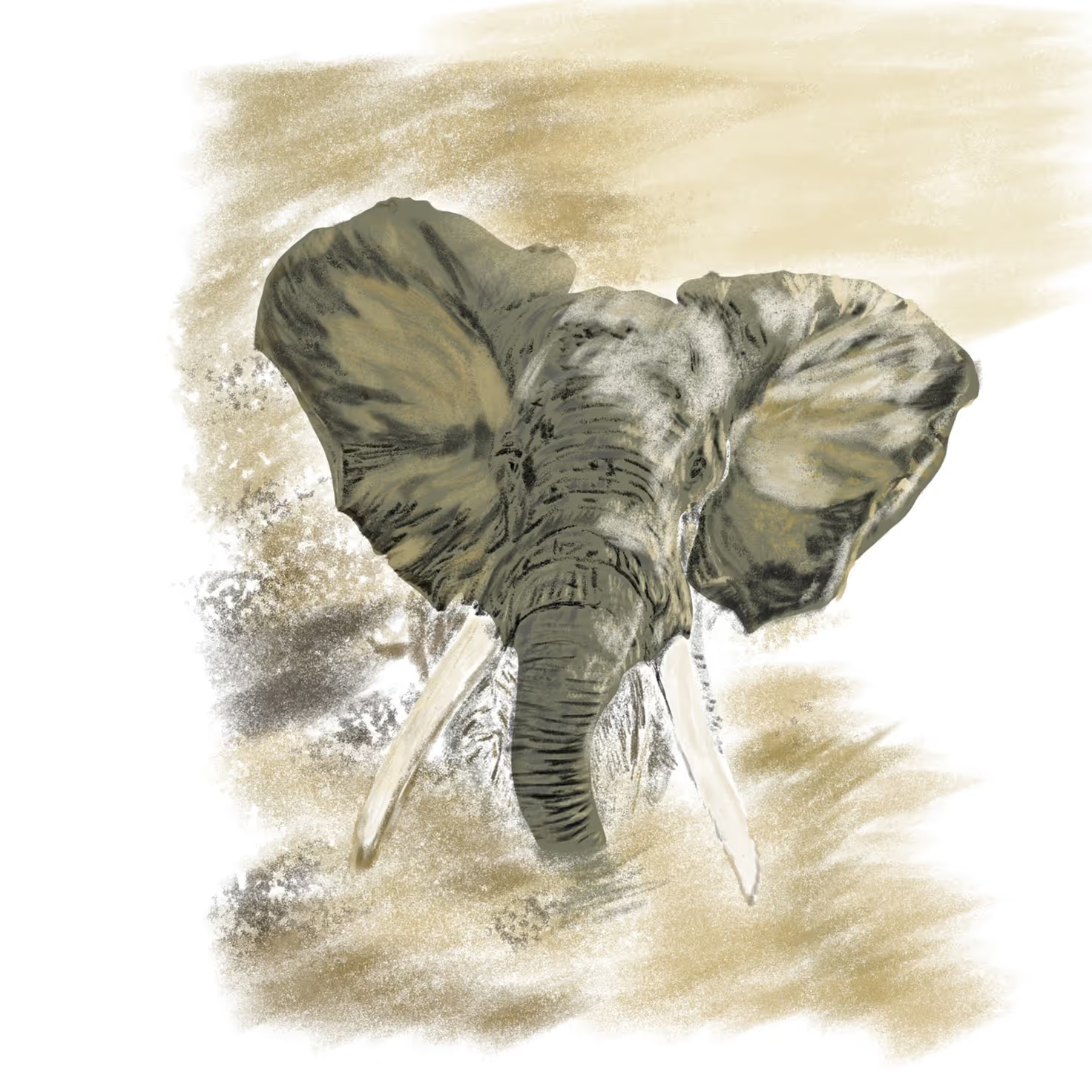
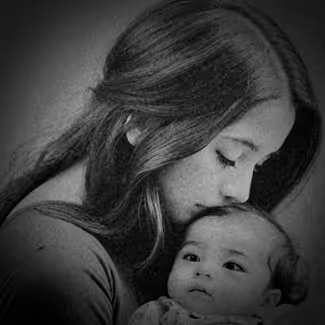
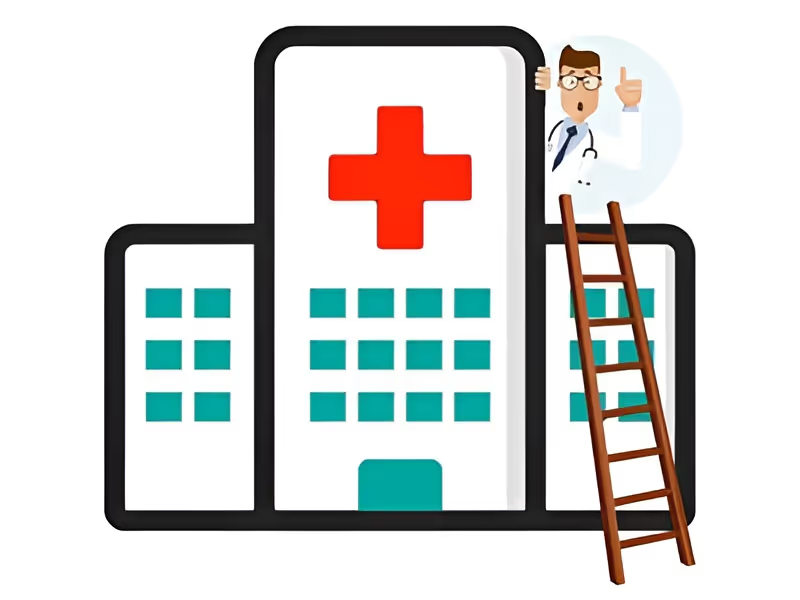
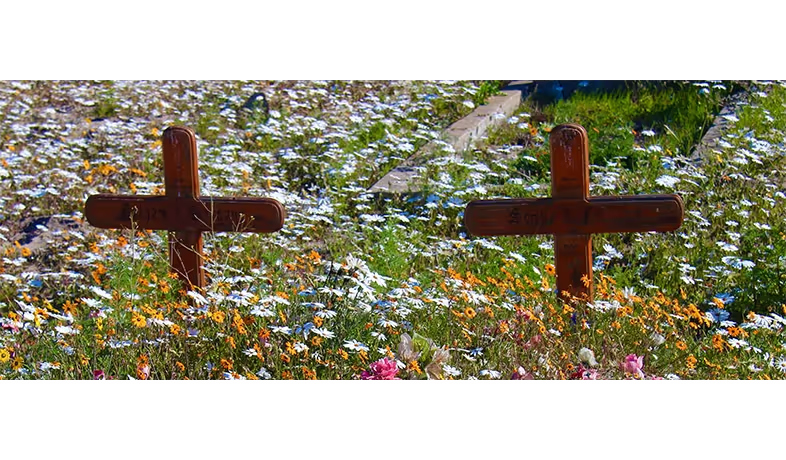
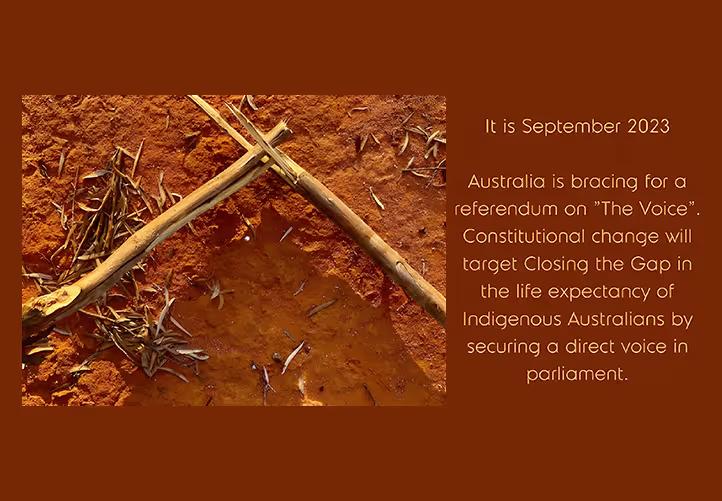
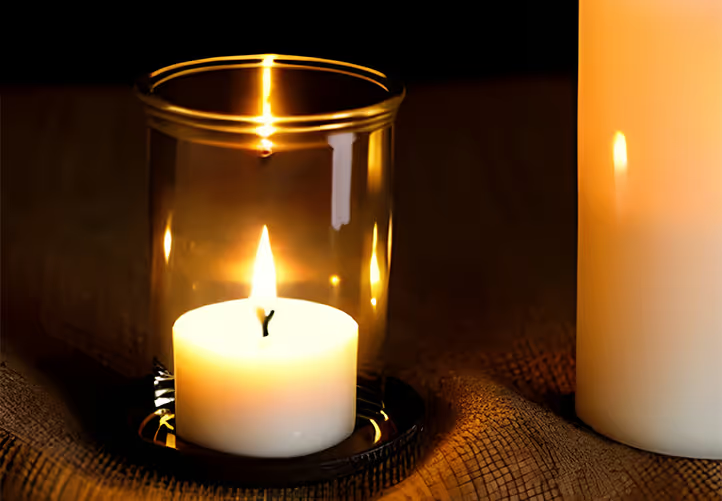

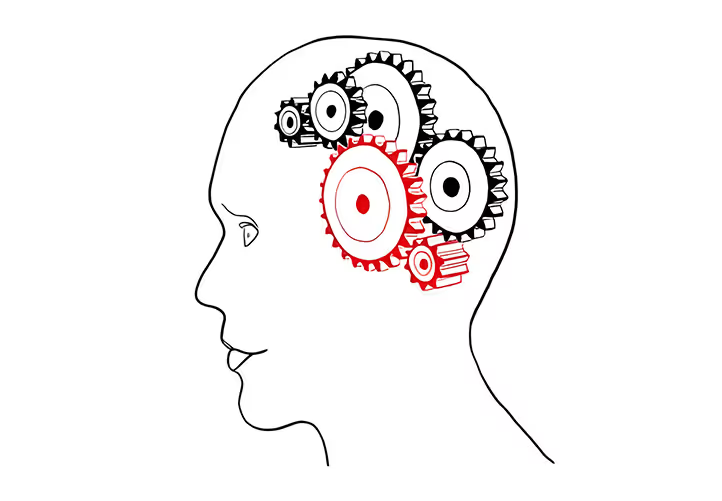
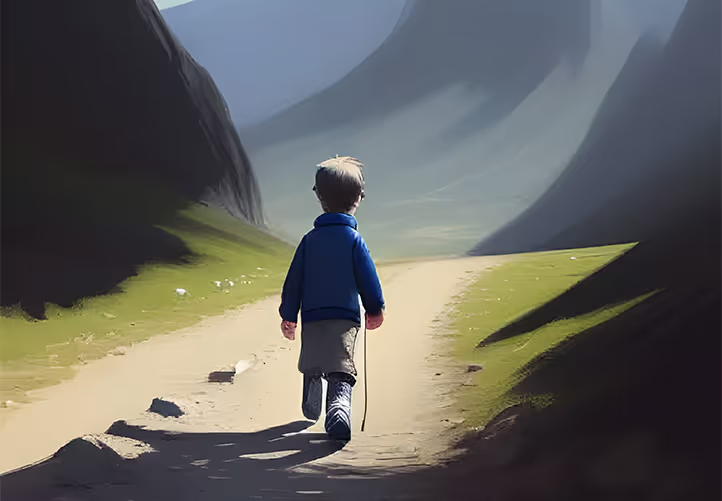
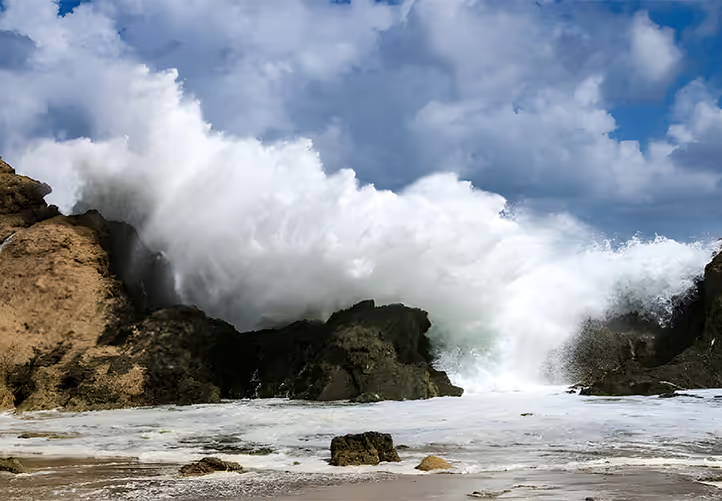
.svg)
.svg)